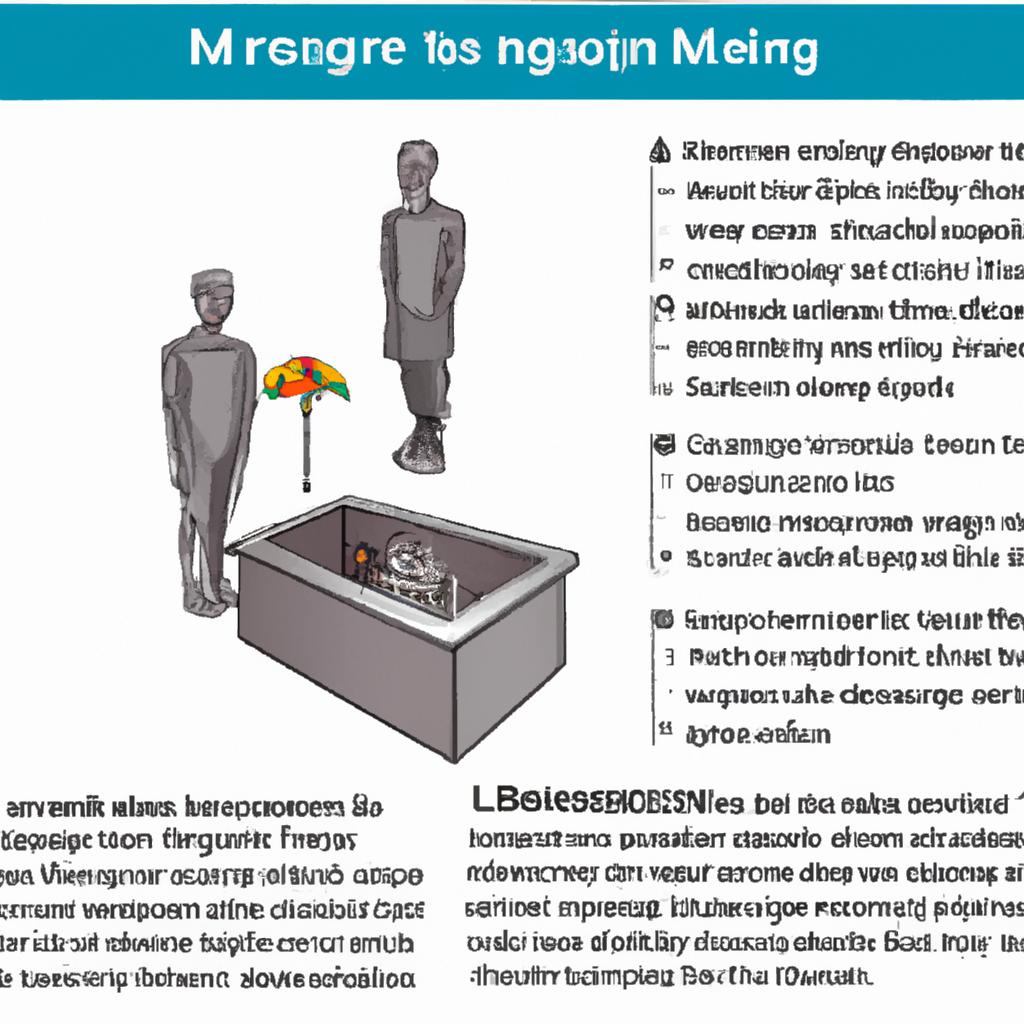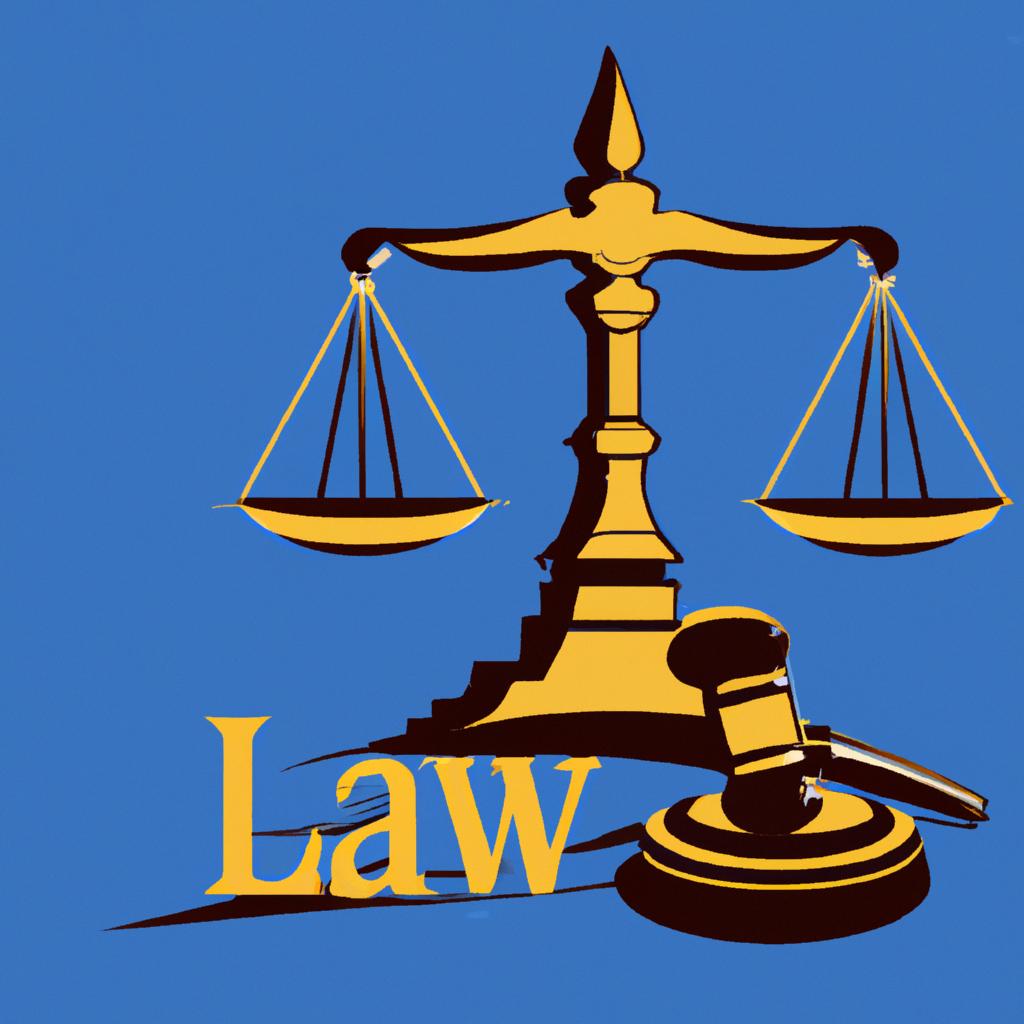In the realm of legal matters, the question of a loved one’s whereabouts can often lead individuals down a harrowing path. When faced with the unsettling prospect of determining whether someone has passed and is now residing in the morgue, the complexities of the law can make this process seem daunting. At Morgan Legal Group in New York City, our experienced team navigates the intricate web of regulations surrounding such inquiries with precision and compassion. Join us as we delve into the nuanced procedures involved in ascertaining the status of a loved one’s presence in the morgue.
Determining the Location of a Loved One
When trying to determine the location of a loved one, the unfortunate possibility of them being in the morgue may arise. It is important to approach this situation with sensitivity and care. Below are some steps to help you find out if someone is in the morgue:
- Contact local hospitals: Start by calling hospitals in the area where your loved one was last seen or known to be.
- Reach out to law enforcement: If your loved one was involved in an accident or a criminal incident, law enforcement may have information on their whereabouts.
- Check with the medical examiner’s office: The medical examiner’s office handles cases of deceased individuals and can provide information on whether your loved one is in the morgue.
It is crucial to handle this situation with compassion and understanding. If you are unsure about how to proceed or need legal assistance, do not hesitate to contact our team at Morgan Legal Group for guidance and support.

Understanding the Process of Identifying Persons in the Morgue
When it comes to identifying individuals in the morgue, the process can be complex but crucial for ensuring proper handling of the deceased. One of the primary methods used by morgues is through the following steps:
- Documentation: The morgue staff will first gather any available identification documents found with the individual, such as a driver’s license or medical records.
- Physical examination: A thorough physical examination will be conducted to check for any distinctive marks, tattoos, or other identifying features that can help in the identification process.
| Best Practices for Identification | Importance |
|---|---|
| Utilizing fingerprinting technology | To ensure accurate identification |
| Collaborating with law enforcement agencies | For cross-referencing missing persons reports |
It is important to note that the process of identifying persons in the morgue may vary depending on the jurisdiction and specific protocols in place. In cases where identification is challenging, DNA testing and forensic odontology may be utilized to confirm the identity of the deceased individual. Overall, the goal of this process is to provide closure to families and loved ones by ensuring that the deceased is properly identified and handled with respect and dignity.

Tips and Guidelines for Inquiring About a Person’s Status at the Morgue
If you are seeking information about a loved one’s status at the morgue, it is important to approach the situation with sensitivity and respect. Before making any inquiries, consider the following tips and guidelines:
- Contact the morgue directly: The most efficient way to find out if someone is in the morgue is to contact the facility where they may be located. Be prepared to provide identifying information about the individual in question, such as their full name, date of birth, and any other relevant details.
- Respect the privacy of the deceased: Keep in mind that morgue staff are bound by strict confidentiality laws, so be prepared to provide proof of your relationship to the deceased in order to obtain any information. Avoid discussing sensitive details about the situation with anyone outside of immediate family members.
When dealing with sensitive matters such as identifying a loved one’s status at the morgue, it is crucial to handle the situation with care and discretion. By following these tips and guidelines, you can navigate the process with respect and empathy for all parties involved.
Navigating Legal Procedures When Seeking Information from the Morgue
When trying to find out if a loved one is in the morgue, it is important to understand the legal procedures involved in obtaining this information. First and foremost, it is crucial to have the necessary authorization to access this sensitive information. This typically requires a legal next of kin, such as a spouse, parent, or child, to provide consent for the release of information.
Additionally, it is essential to follow the proper channels and protocol when seeking information from the morgue. This may involve filling out specific forms, providing proof of identification, and abiding by any relevant laws and regulations. It is advisable to seek the guidance of a legal professional, such as the experts at Morgan Legal Group, who can help navigate these complex legal procedures and ensure that you obtain the information you need in a lawful and respectful manner.
Q&A
Q: How can you find out if someone is in the morgue?
A: There are several ways to determine if someone is in the morgue. One option is to contact the local authorities or hospitals to inquire about the individual’s status.
Q: Can family members request information about a loved one who may be in the morgue?
A: Yes, family members can reach out to the morgue or hospital where they suspect their loved one may be located. They may need to provide identifying information and possibly a death certificate before receiving any details.
Q: Are there any online resources available to assist in finding out if someone is in the morgue?
A: Some morgues may have online databases or phone lines where individuals can search for information about whether someone is in their care. However, it’s important to note that not all facilities have these resources readily available.
Q: What steps should be taken if someone is confirmed to be in the morgue?
A: If it is confirmed that someone is in the morgue, family members should contact the appropriate authorities to make arrangements for the release of the body and begin the necessary funeral preparations.
In Retrospect
In conclusion, visiting the morgue can be a difficult and emotional experience, but it is often necessary when trying to find out if a loved one has passed away. By following the appropriate steps and reaching out to the right authorities, you can gather the information needed to confirm their whereabouts. Remember to approach the situation with care and support, and seek help from professionals if needed. Thank you for reading and we hope this article has provided some guidance during this difficult time.


